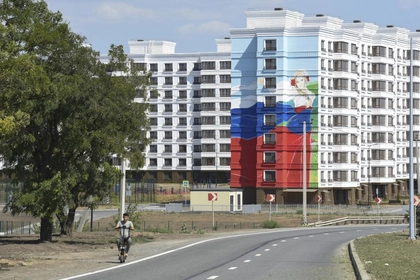Yesterday, the Ministry of Finance raised almost UAH23bn (US$627m), lowering rates on all UAH-denominated instruments.
Demand for 12-month bills increased almost fourfold, to UAH3.9bn, exceeding the cap, but it was mainly in non-competitive bids. Interest rates in competitive bids were mostly lower than last week, although the maximum was the same—17.53%. Using the cap, the Ministry of Finance satisfied 9 out of 12 bids, setting the cut-off rate at 17.3% and the weighted average rate at 17.27%, 23bp and 26bp lower than last week. Almost all accepted demand was in non-competitive bids, and only UAH124m was competitive.
JOIN US ON TELEGRAM
Follow our coverage of the war on the @Kyivpost_official.
The greatest demand was for new military paper maturing in July 2025. It attracted more than UAH8.8bn in 31 bids, including a third in non-competitive bids. Therefore, within the cap, the Ministry of Finance accepted only part of the competitive bids and non-competitive demand (UAH2.9bn), setting the cut-off and weighted average rates at 18.15%, 20bp lower than last week.
Interest rates for "reserve" notes also decreased yesterday, the cut-off rate by 19bp and the weighted average by 18bp, to 19%. However, to set new interest rates, the Ministry of Finance sold less than planned, UAH4.7bn, and again, mainly through non-competitive bids which amounted to UAH3.3bn.
Only the cut-off rate for USD-denominated bills remained unchanged. The Ministry of Finance has placed all the planned US$300m, including US$62m, under non-competitive bids, attracting US$286m to the budget. However, the weighted average rate increased by 1bp to 4.79% compared with the auction two weeks ago.

Moscow Imposes Russian Car Insurance in Occupied Ukraine by 2025
The Ministry of Finance satisfied only 62% of demand for UAH government bonds and was able to sharply decrease interest rates. The high demand may have resulted from expectations of a further decrease in the NBU discount rate this Thursday and interest rates for NBU CDs.
Research team: Taras Kotovych.
See the full report here.
You can also highlight the text and press Ctrl + Enter






